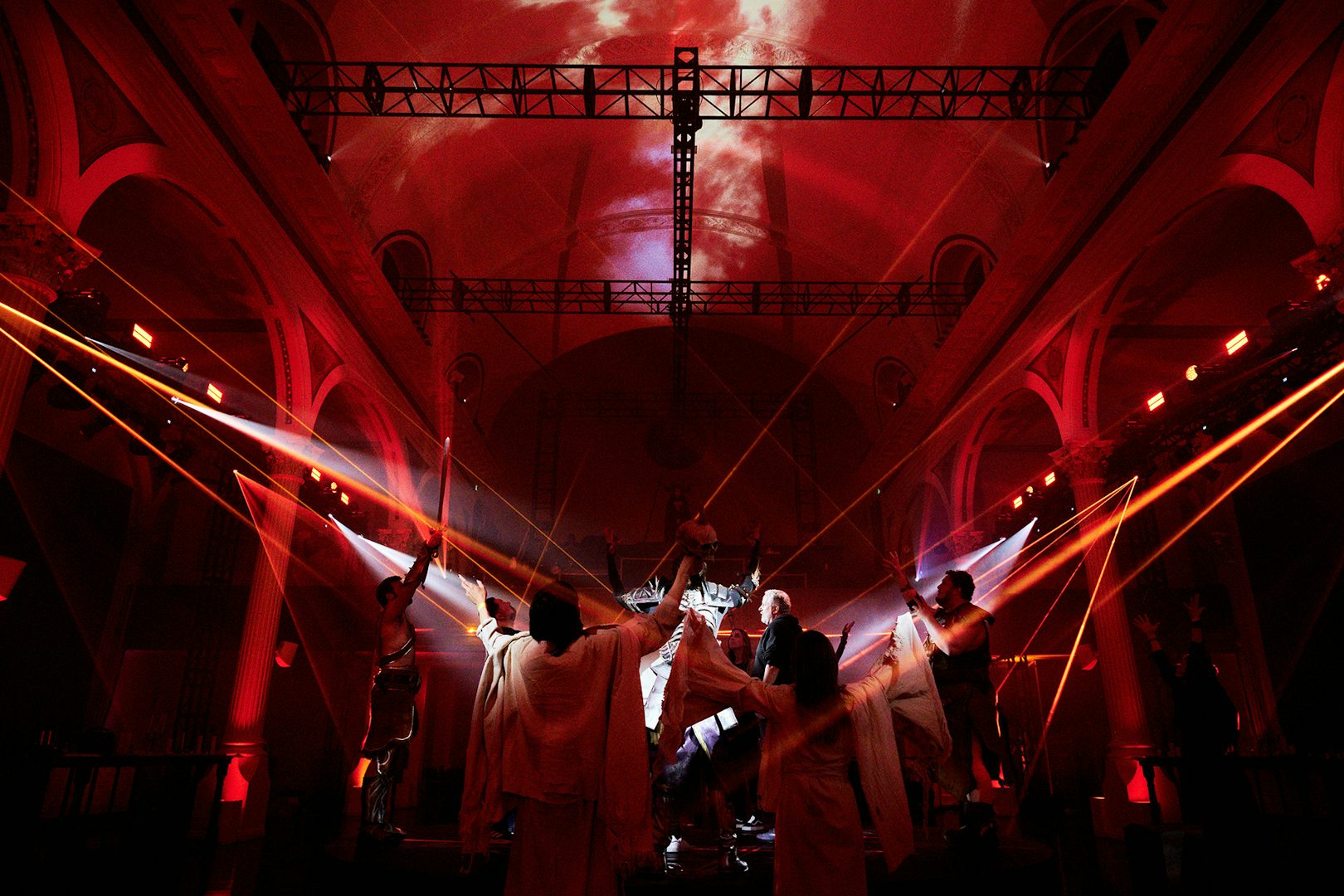Secret Cinema is offering its secret sauce to brands
The entertainment company has spent almost two decades bringing movie magic into the real world through immersive screenings. With the launch of a new studio serving commercial clients, can it do the same for brands?
In the 17 years since Secret Cinema launched, the experiential entertainment company has staged immersive screenings of Stranger Things, Back to the Future, Blade Runner and Casino Royale. “Originally the idea was that you’d love a film so much that you’d want to live in it,” says Matt Costain, Secret Cinema’s senior creative director. Through set design, costume, characters and action, the team found a way of bringing on-screen worlds into physical environments.
Experiences were initially informed by found spaces they came across, before moving towards purpose-built sets in warehouses and the like that could house their bigger ambitions. Early events involved simple ‘mirror moments’ echoing what’s happening on screen in the physical auditorium environment, but eventually the team began orchestrating far more theatrical displays – a Star Wars experience involving flying X-wings and laser fights, for instance.
With the launch of its new branded experience department, Studio Secret Cinema, it’s now hoping to bring some of that immersive storytelling to commercial clients. The company had already begun to dip its toe in the world of brands in around 2018, incorporating relevant products into its experiences through partnerships with the likes of Coca-Cola, Haagen-Dazs, Jack Daniels and Omega.
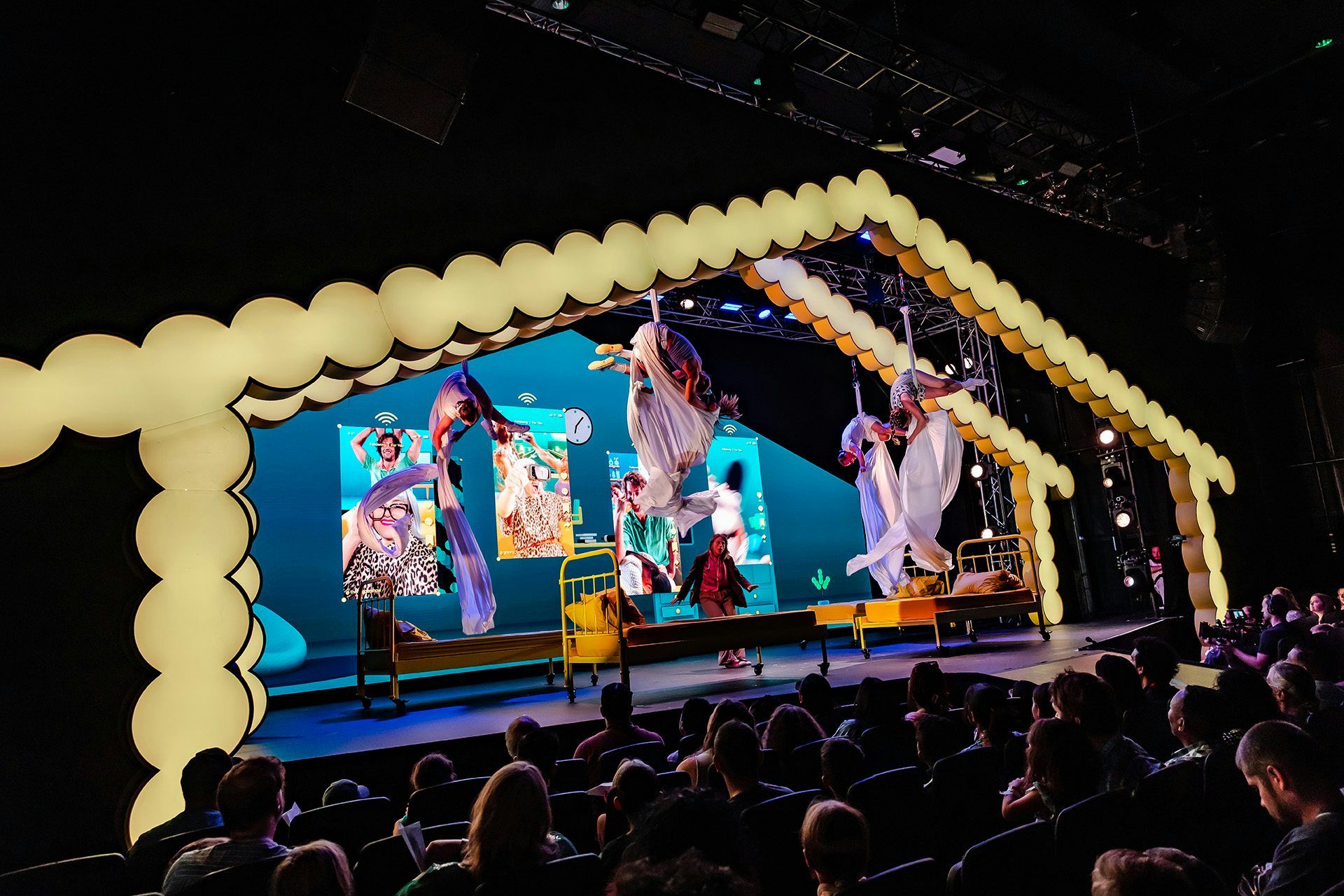
“I think people crave authenticity, don’t they? And they can sniff a product placement a mile off. If it feels like it’s appropriate for the night, and if it feels like it’s adding to your enjoyment or your understanding, or it’s making some comment, then we’ll do it,” Costain says of the flagship shows, which he works on alongside the brand experience offering. “If it feels extraneous, then we won’t.”
After the success of those partnerships, business development director Cat Botibol says that brands began taking an interest in what Secret Cinema could bring to their own campaigns and activations, prompting the company to trial some experiences for clients. This has involved entertainment-adjacent projects that cross over into gaming and TV, but also other less obvious clients, like a 2024 experience with Havas Play that brought to life EE Home’s broadband products and the ways in which they can cater to busy modern households.
This could have been rather dry in the wrong hands, so the team seized on the idea of life becoming a circus during the school holidays, “because you’re juggling a million more things than you would normally”, Botibol says. To deliver the message, the team created a real circus show involving performers and acrobat artists. It was made into a 30-minute TV show for those at home, and a one-hour live performance for those who could attend in person. The idea delivered both the brand’s message and “a legitimate day’s entertainment”, Costain says. “People leaving with joy is [just] about the best outcome, both for me as a theatre practitioner and for the brands themselves.”
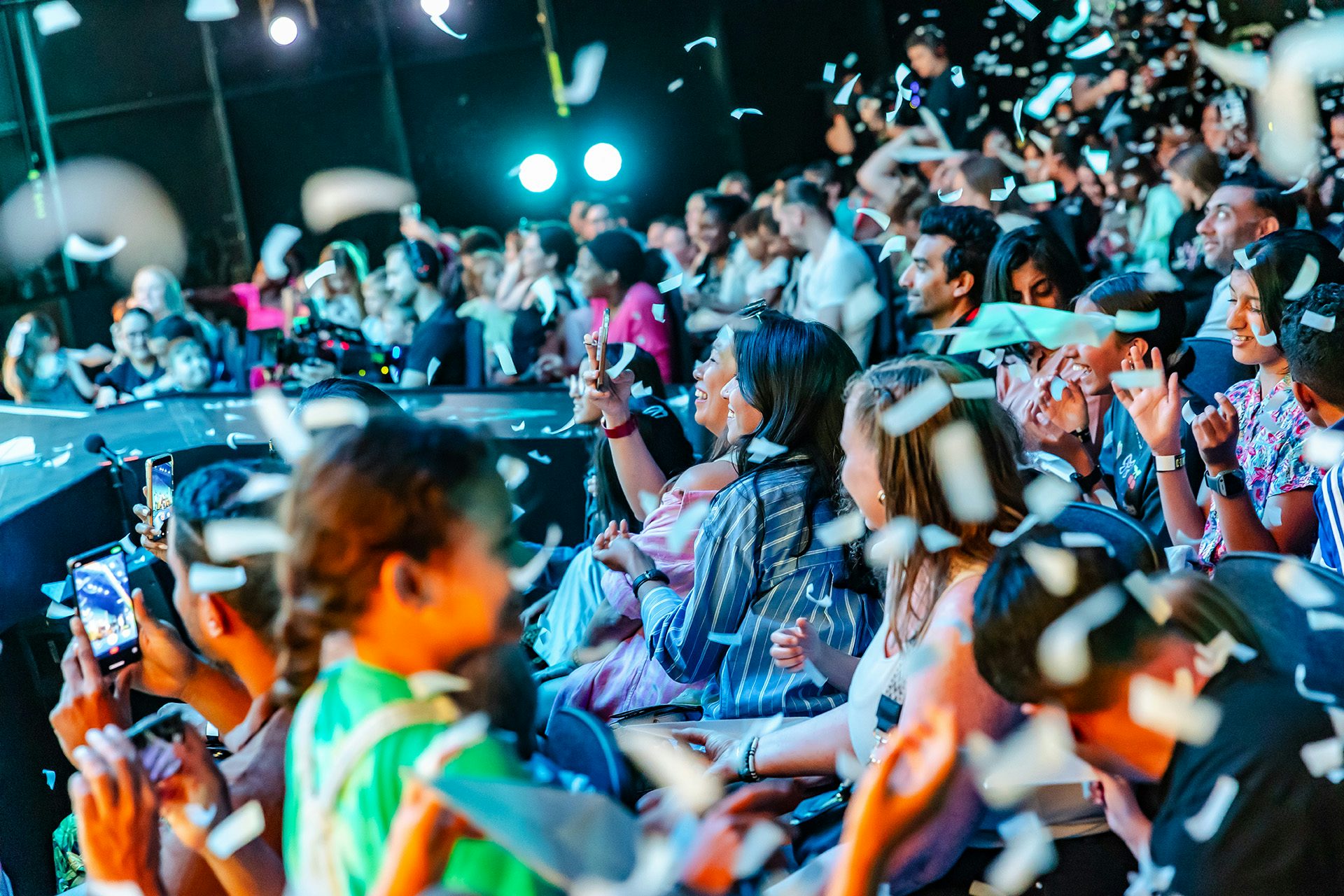
He holds this up as an example of how Secret Cinema can create worlds and stories for brands, which requires some careful thought. A beloved piece of entertainment is filled with ready-made intricacies – plotlines, environments, characters – that the team draws on for its flagship shows. “I’m always looking for leaks in the world. Where might a person drop out? Is it on their trip to the bathroom that they drop out of the world? Is it when they have to get their cash out to buy something? Is it when they speak to a member of staff? Where can we make sure that the world remains authentic and to a certain extent sealed?”.
Even if brands don’t have that luxury, Costain wants to bring the same granularity to branded experiences; it might just involve filling in some of those gaps themselves. “The brand might say, why are we even talking about the whatever it is? Because it matters. When you walk into the hallway and the carpet feels different under your feet – all those little things go towards putting a person in a place where they’re able to be receptive and where they’re able to relax and play, which is an opportunity we get far too little of in our modern lives. People respond really positively to being treated with care and being afforded the opportunity to let their imaginations work.”
Besides attention to detail, Costain believes that the company’s links to the entertainment world can benefit branded experiences. When they worked on an event for the launch of Diablo IV, for example, the real actors who starred in the game were there. “Whenever we can sprinkle that additional layer of, ‘oh, it’s the real one, it’s not just a kind of tribute act, it’s the [real] thing’, that sings a loud song as well,” he says.
Secret Cinema has won legions of fans over the years, although it hasn’t always got it right. Some events have drawn criticism for being over-priced and underwhelming. Speaking more generally on the company’s journey, Botibol says “one of the things I think when you’re the first and you grow the biggest first, is that you obviously have those successes, but you do make the mistakes first and all of that learning from a creative and production standpoint.”
She believes this all adds up to valuable experience, particularly where clients are concerned, saying: “We can talk as experts because we’ve been there and we’ve done everything at really quite a large scale.”
“When we started, we were a handful of people and a one-night event running in, running out, the world was different, you didn’t ask permission for anything. And it was all volunteers and an art project, really. Seeing that scale up into the business that it is, we’ve had to deal with a lot of the bumps and grinds that you go through along the way, working out how you grow up,” Costain adds.
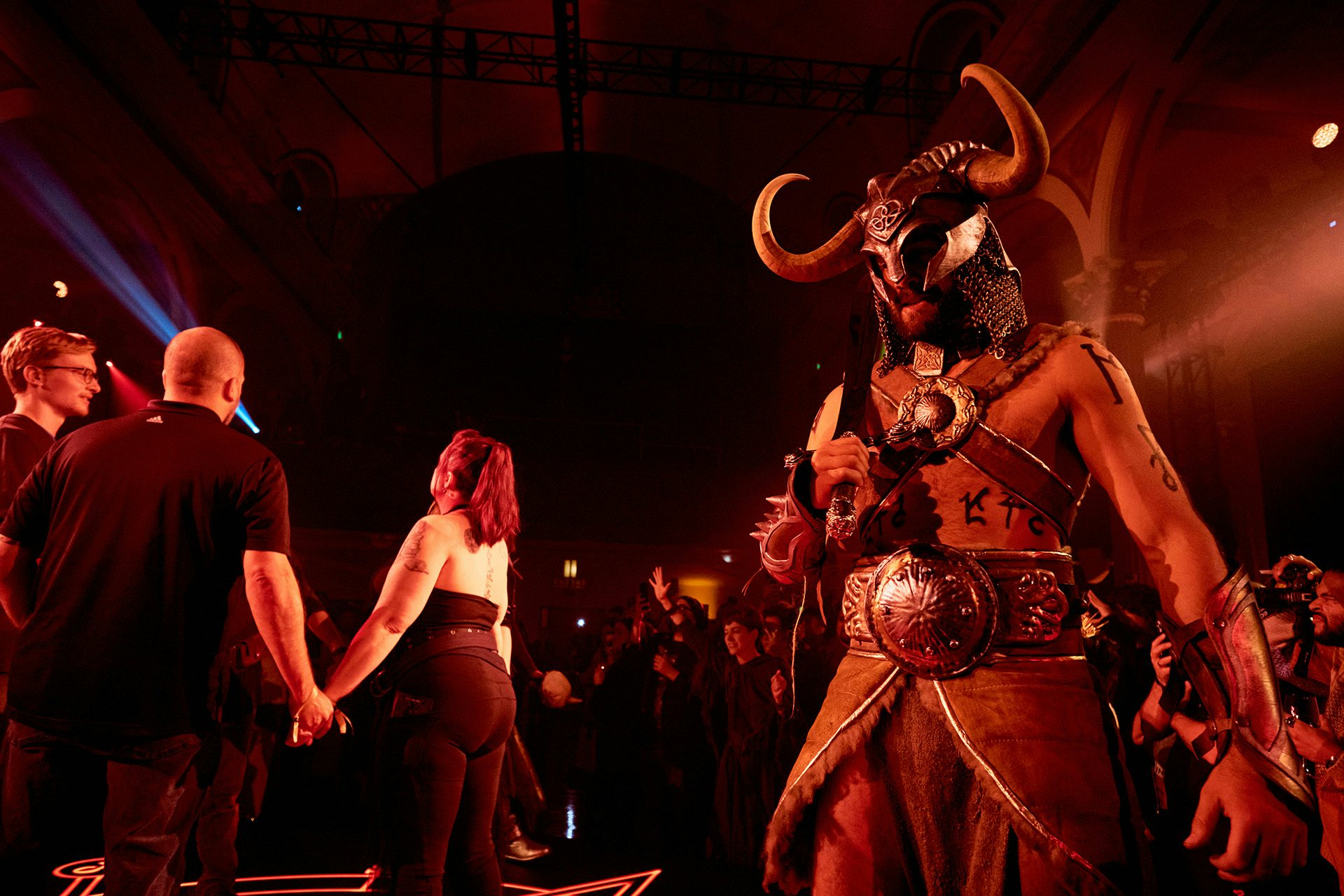
The studio venture seems like a logical step, given that experiential is hailed as an enormously important part of brand marketing these days. It also seems to dovetail with the recovery of Secret Cinema after the pandemic, during which it endured significant revenue declines. In 2020, Secret Group, its parent company at the time, was supported by the government’s culture recovery fund, and in 2022, it was acquired by ticketing company TodayTix.
The chaos of lockdowns is behind us, which should mean steadier footing for companies such as Secret Cinema. Yet despite most of us craving real world experiences during the pandemic, we seem to have come out the other side of it in a slightly more anti-social landscape. Whether it’s due to home working arrangements making an evening’s entertainment feel like more of a trek, or because there has been an impact on people’s level of comfort in social situations, there seems to be more reluctance to get out and about in the way we may have instinctively done five years ago.
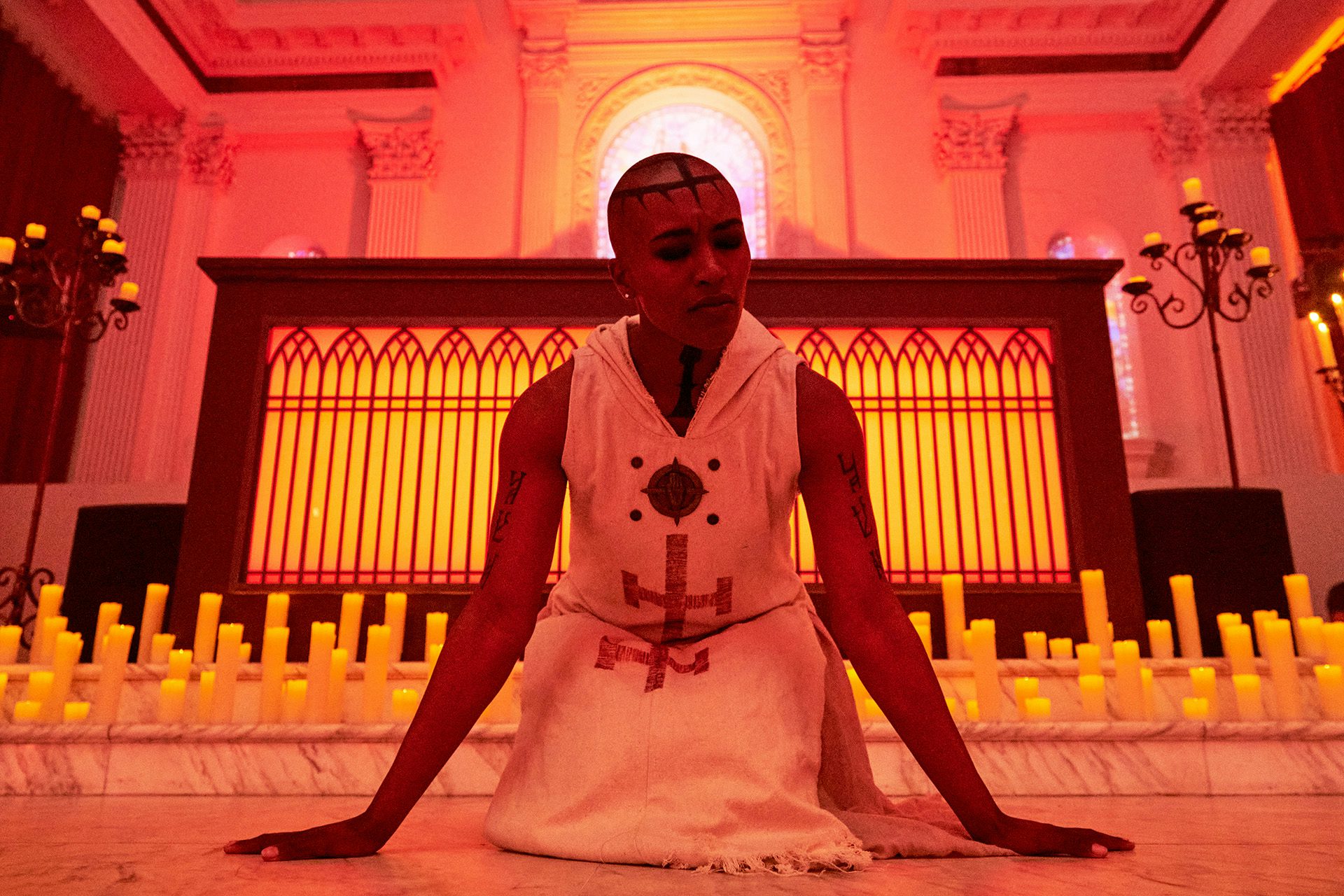
Botibol is more optimistic, suggesting that behaviours are gradually returning to pre-Covid days. “Ticket sales for theatre are on the rise again in the UK and the US,” she says, also pointing to the success of Beyoncé’s tour ticket sales as an indicator of live music’s bounce back. Though a global megastar’s sales doesn’t represent a full picture, it does suggest – along with huge interest in Oasis and Taylor Swift tours – that even though grassroots events may be struggling, showstopper experiences are recovering, which is exactly the kind of space that Secret Cinema deals in.
Costain adds that audience hesitation is partly related to concerns over spending time and effort gearing up to an event that would go on to be cancelled (Secret Cinema has been responsible for a few of these in its lifetime). At the very least, that particular disruptive side-effect of the pandemic is behind us. “I think the confidence in your investment being honoured is gradually returning, but that is going to take a little while because you’re asking people to place some trust in you.”
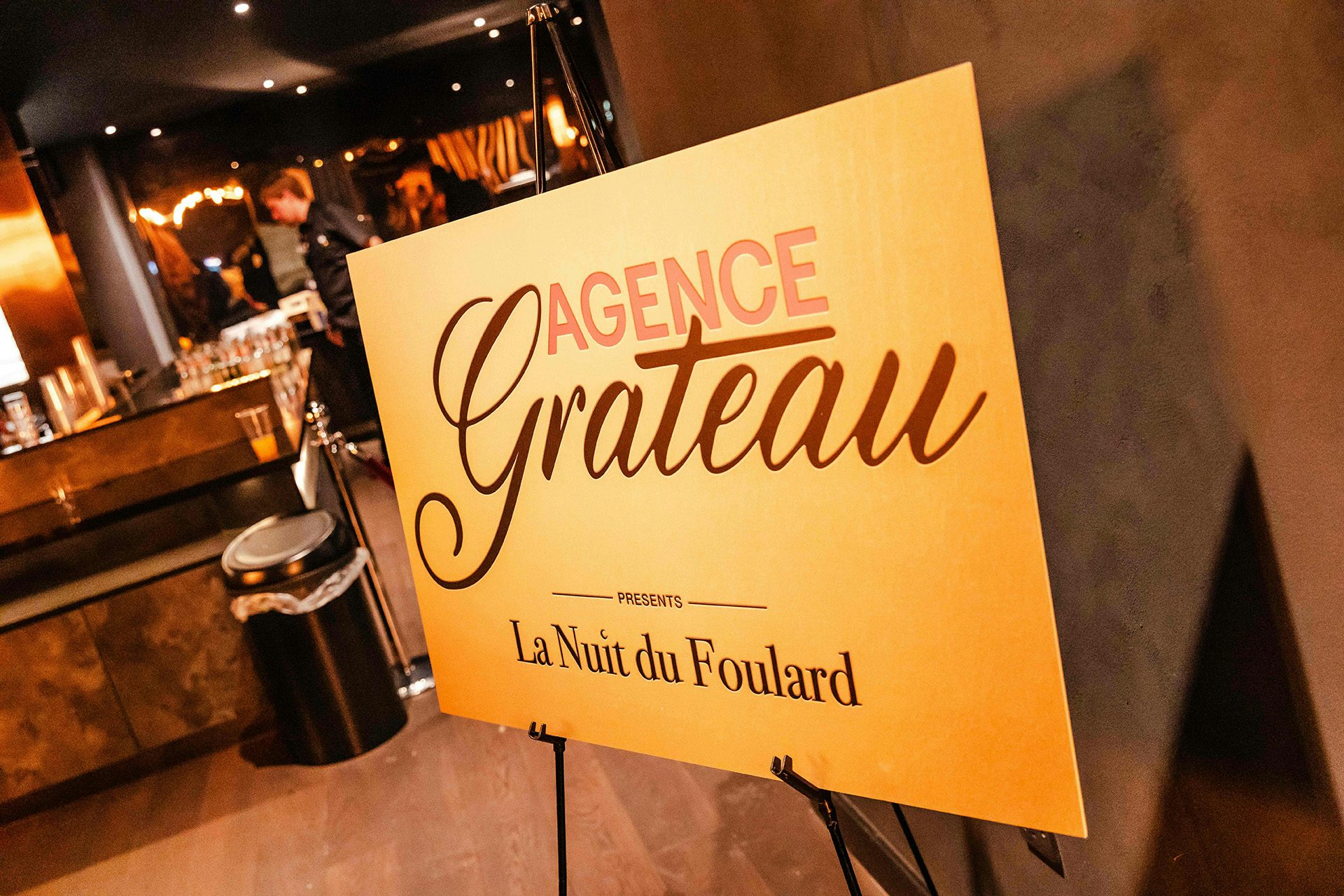
If anything, it has meant that experiences need to be worth people’s time – whether it’s related to a piece of entertainment or a branded experience. The studio recently commissioned research into why people care about live events of all stripes. After surveying 1,500 people, 80% said they wanted to be awestruck, the same amount said they wanted to connect to people, and 76% said they wanted to connect to themselves. It’s easy to see how you could achieve this with an event related to a film or TV show; Botibol is confident they can address those desires for brands too.
She says the company’s flagship events inherently create connections between people because they’re fans of the same piece of entertainment that brought them there in the first place. “I think coming to a brand experience, also it follows true. You’re only going to be bothered to get up and go to that event if you have some interest in, let’s say, that brand or the community that surrounds that brand.
“I think we also feel a bit of a new purpose in the world to create as many of these ‘collective awe’ moments as we can,” she continues. “Working on our productions, on our shows, is one way we can do that. But actually working with brands to help bring their events and their experiences to life is another way that we bring more of that into the world.”
